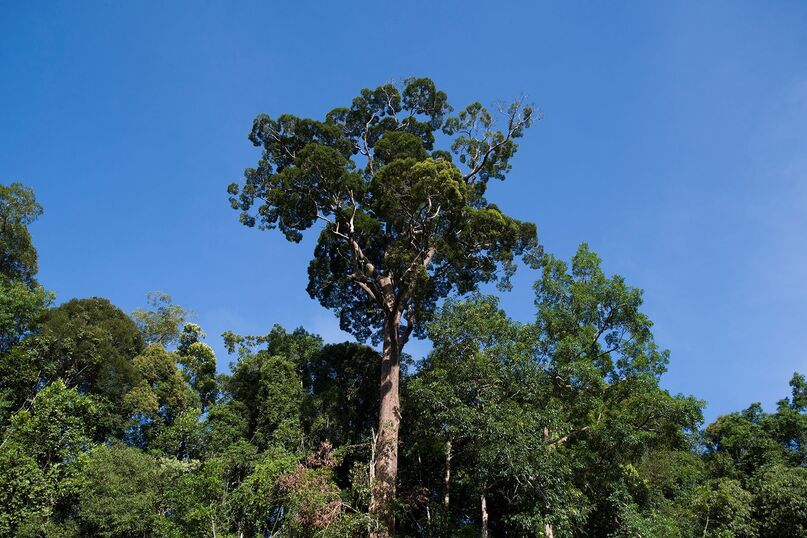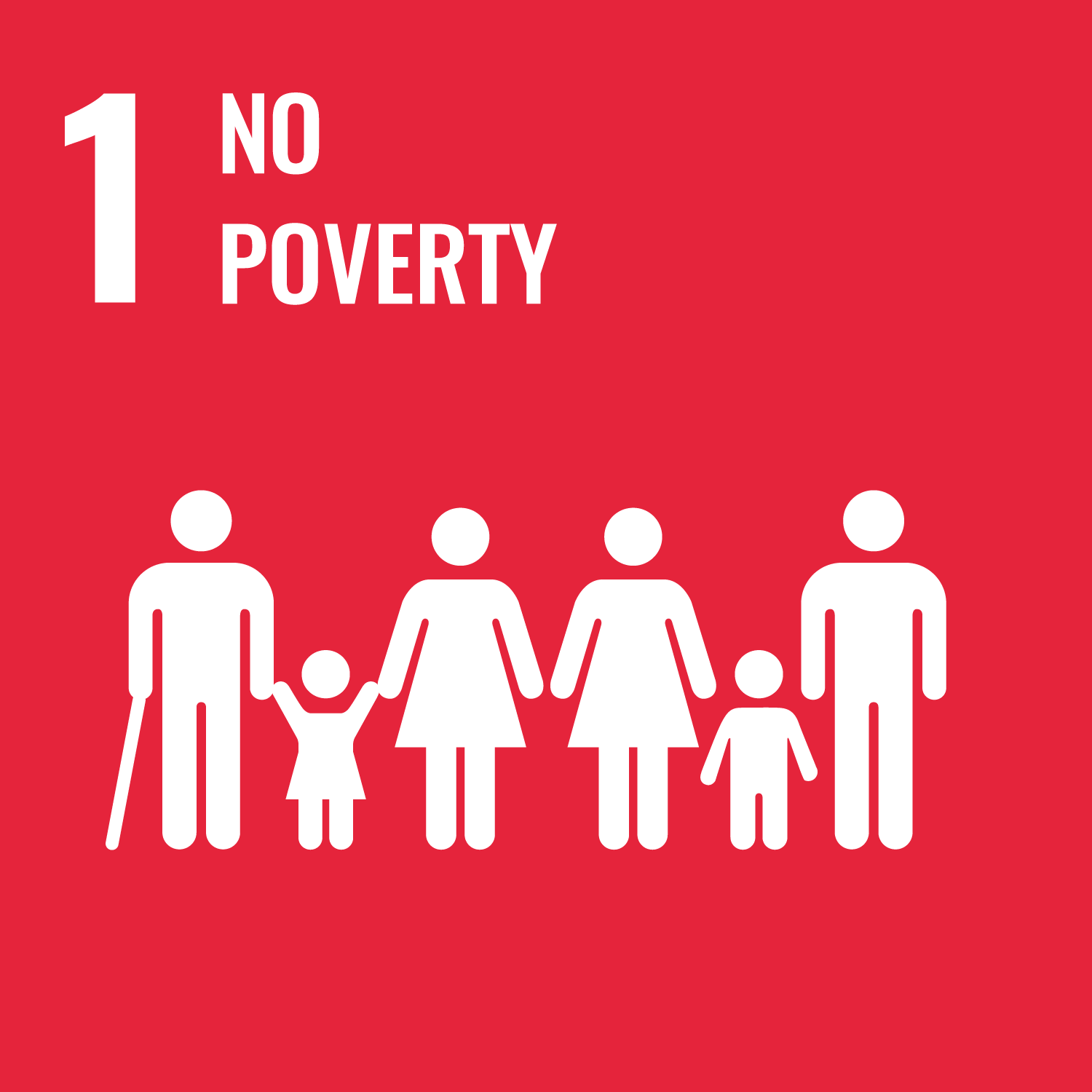Making the link between sustainable forest management and cleaner air
7 September 2023

Tropical forests are nature’s purifiers. Photo:K. Sato/ITTO
Yokohama, Japan, 7 September 2023: Tropical forests are known as nature’s purifiers, but the increasing incidence of forest wildfire and other stressors worldwide is putting this reputation at risk. In marking the International Day of Clean Air for Blue Skies, we highlight the importance of sustainable forest management in the tropics for maintaining clean air.
Tropical forests act as natural air filters, absorbing pollutants and releasing life-sustaining oxygen, which is vital for human and environmental health. But maintaining this essential role requires that the forests are managed sustainably.
“Healthy tropical forests provide a wide range of essential ecosystem services, including keeping the air clean and mitigating climate change, but these services decline when forests are lost or degraded,” said ITTO Executive Director Sheam Satkuru.
“Tropical forests also support industries, generate livelihoods and produce sustainable materials. For all these reasons and others, ITTO works hard through projects and policy development to encourage sustainable forest management and thereby ensure that all the valuable goods and services of tropical forests can be sustained.”
One of ITTO’s significant contributions to clean air is its extensive work on fire management in tropical forests. Recent fire management projects in Indonesia, Ghana and Peru have helped develop integrated fire management approaches aimed at reducing the incidence of wildfire.
These projects, the design and implementation of which drew on the principles established in the ITTO Guidelines on Fire Management in Tropical Forests, have been pivotal in strengthening the capacity of local and national authorities in the prevention and response to wildfires.
ITTO’s Guidelines for Forest Landscape Restoration are another important contribution to air quality because forest landscape restoration enhances the capacity of forests to capture and filter pollutants, ultimately improving air quality. ITTO introduced the guidelines, which were produced with inputs from foresters and institutions worldwide, to policymakers and field practitioners through a series of regional workshops.
In line with its mission to promote sustainable forest management, ITTO is engaged in diverse projects that contribute to cleaner air. Ongoing projects include one to increase commercial reforestation in Costa Rica (PD 849/17 Rev.2(F)), another to enhance community forestry in Cambodia (PD 836/17 Rev.2(F)), and another to develop the capacity of community farmers in Benin (PPD 201/21 Rev.2 (F)) to sustainably manage and use their local forests. These initiatives not only promote sustainable forestry, they empower local communities to take an active role in conserving their natural resources.
According to the United Nations, air pollution has serious impacts on human health. Tiny particles in the air that enter our lungs, bloodstream and other parts of our body are responsible for about one-third of deaths worldwide from stroke, chronic respiratory disease and lung cancer, as well as one quarter of deaths from heart attack. Ground-level ozone, produced from the interaction of pollutants in sunlight, is also a cause of asthma and chronic respiratory illnesses.
“This is yet another incentive to urgently apply sustainable forest management throughout the world’s forests,” said Ms Satkuru. “I call on governments, the global community and donors to increase their support for sustainable tropical forest management and thereby maintain the services on which human health—and the health of the planet—depends.”



